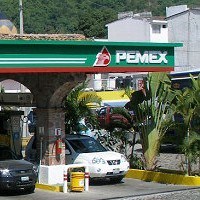
Heading into Sunday’s second-round presidential vote in Chile, there is one word that best sums up the energy policy debate in the Andean nation: diversification. That is, much like an individual pursuing a personal investment strategy, Chile is seeking an energy policy that brings increased diversity to its matrix. More specifically, security, efficiency and sustainability are the clear-cut issues facing policymakers and energy sector participants alike; Chile currently imports 97 percent of its fossil fuels and depends on hydropower for 42 percent of its electricity generation. In a twist to Sunday’s voting, President Sebastian Pinera’s successor is likely to be […]



